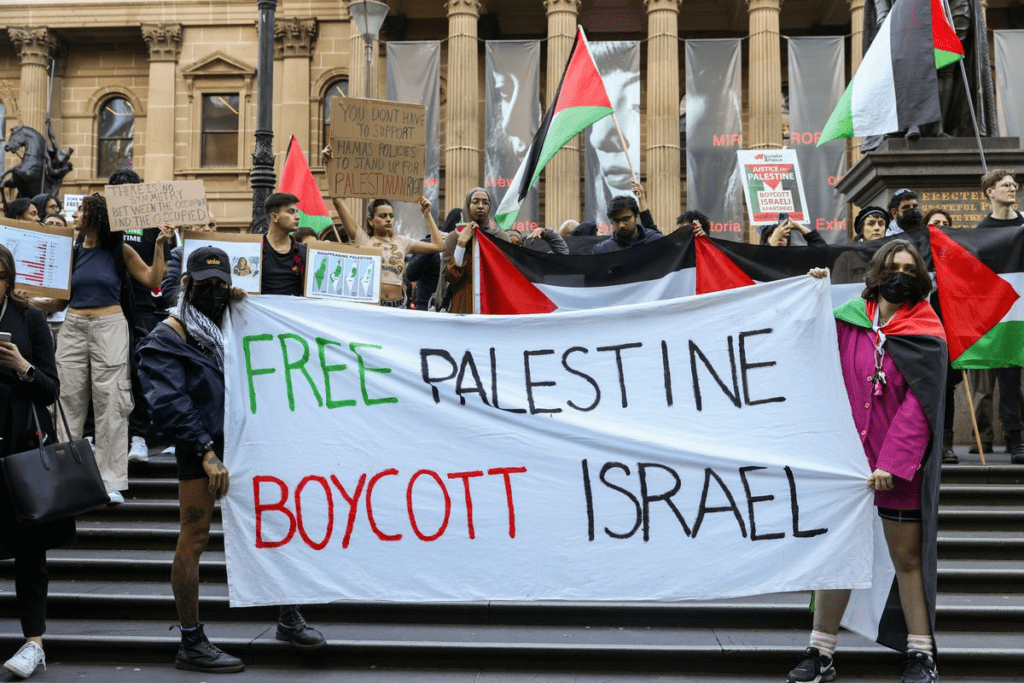
Boycotting is refusing to support a company, product or brand to protest for a cause. Boycotting is essential because it affects a company’s profits in the long term, forcing companies to reconsider and change their decisions and policies. Boycotting also causes damage to an organisation’s reputation, which is a catalyst for companies and shareholders to make changes. This is a tool which the public can use to make changes to the organisation’s policies.
In many situations, when people collectively boycott a company or service, it has successfully caused changes in the past. It’s important because it helps create awareness for a cause and highlight major issues organisations must deal with. This is a very effective tool when protesting and fighting for a cause, and to boycott correctly, you have to consider a few aspects beforehand.
Boycotting significantly impacts large companies when it is a collective effort. When people come together and work towards a common goal, it affects companies in the long term. One person boycotting an organisation may not seem significant on the surface, but when thousands of individuals collectively boycott organisations, changes will be made.
Educate yourself on which brands to boycott.

The internet makes it easy to find information to educate yourself and others. Make sure to do your research beforehand and find out which brands you may be supporting that may be contributing to the Palestinian genocide. There are multiple sources available online that list organisations that are supporting the Palestinian genocide. Suppose you are unsure about the organisations and brands you are buying. In that case, it is best to research regardless to avoid unintentionally supporting organisations funding genocide.
Become an advocate

Use digital platforms and real life as an opportunity to speak up against these organisations. Make sure to state your reason for boycotting these organisations; this can be used to raise awareness of the cause. Encourage other people, through social media and word-of-mouth, to boycott these organisations and discontinue their support.
Stop supporting the companies and giving them profits.

The most crucial part is that you do not support these companies financially through purchases or promoting the brands online. Once you stop giving these organisations money, their profits will gradually decrease, pushing organisations to change their policies. Cancel any subscriptions you have, delete your accounts and unfollow these organisations on different media platforms. Boycotting gives consumers a chance to show their values when spending.
Communicate with the companies.
Write letters directed to the organisations and address the issue. Mention why you are boycotting and what the organisation needs to change for you to return to being a customer. Social media can also be used to communicate to raise awareness to the organisation for the reason behind your boycott.
Support other businesses and brands.
Give your financial and other means of support to alternative businesses. Boycotting is an opportunity to find ethical alternatives to brands that support genocide and other human rights violations. Try supporting independent and local businesses, shop local for groceries, go to local coffee shops and buy locally-made clothing. Make sure to share and promote ethical organisations through social media and other platforms to give others alternatives to boycotted businesses.
Everyone should make a conscious effort to only support ethical businesses and boycott any companies supporting the Palestinian genocide. As a part of thousands, one person can make a difference and a change.













